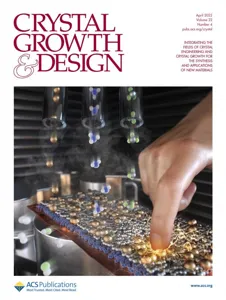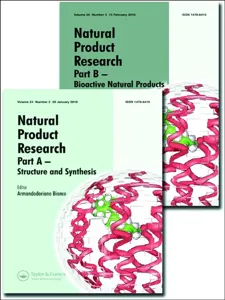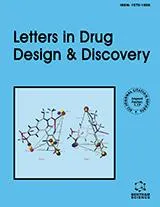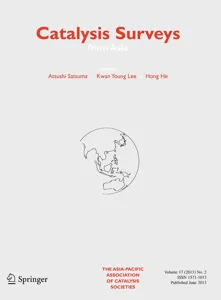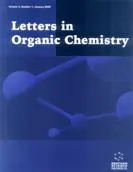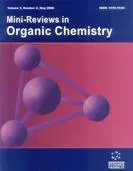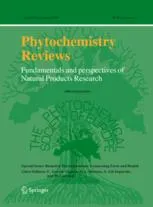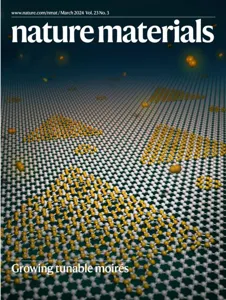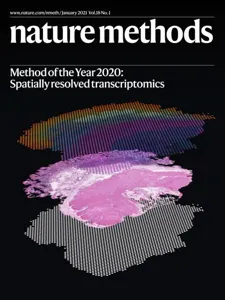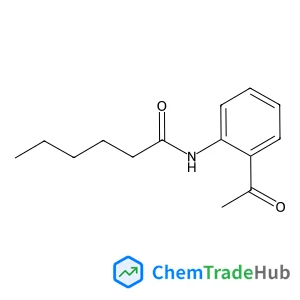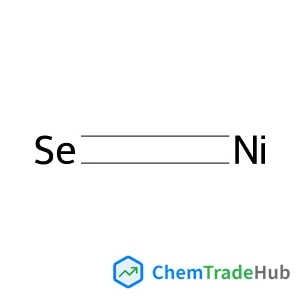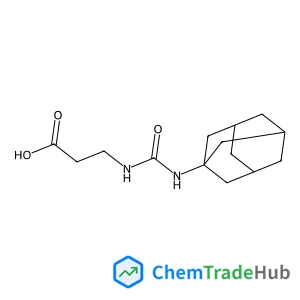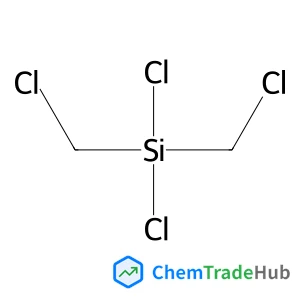Umpolung trifluoromethylthiolation of alcohols
Literature Information
Ye Yang, Jiemin Ma, Jiaxiang Zhang, Hu Cai, Wentao Xu
Herein we develop a metal-free umpolung dehydroxytrifluoromethylthiolation of alcohols with commercially available PPh3 and N-trifluoromethylthiophthalimide within 30 minutes. This protocol shows excellent functional group tolerance and high regioselectivity. The dehydroxytrifluoromethylthiolation of a series of natural products and drugs further demonstrates its practicality. Preliminary mechanistic studies suggest that PPh3 is responsible for deoxygenation and the key trifluoromethylthiophosphonium ion may be hydrolyzed by H2O in solvent.
Related Literature
IF 4.616
An analytical quality solid-state composite reference electrodeIF 4.616
Design of a universal biointerface for sensitive, selective, and multiplex detection of biomarkers using surface plasmon resonance imagingIF 4.616
Monitoring of hydrogen sulfide via substrate-integrated hollow waveguide mid-infrared sensors in real-timeIF 4.616
Silver colloidal pastes for dye analysis of reference and historical textile fibers using direct, extractionless, non-hydrolysis surface-enhanced Raman spectroscopyIF 4.616
Environmentally friendly ionic liquid-in-water microemulsions for extraction of hydrophilic and lipophilic components from Flos ChrysanthemiIF 4.616
Multicolour probes for sequence-specific DNA detection based on graphene oxideIF 4.616
An electrogenerated chemiluminescence sensor prepared with a graphene/multiwall carbon nanotube/gold nanocluster hybrid for the determination of phenolic compoundsIF 4.616
Novel triazole-based fluorescent probes for Pd2+ in aqueous solutions: design, theoretical calculations and imagingIF 4.616
Nanoparticle-based signal generation and amplification in microfluidic devices for bioanalysisIF 4.616
Source Journal
Organic & Biomolecular Chemistry
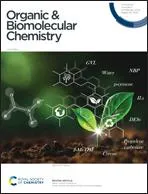
Organic & Biomolecular Chemistry (OBC) publishes original and high impact research and reviews in organic chemistry. We welcome research that shows new or significantly improved protocols or methodologies in total synthesis, synthetic methodology or physical and theoretical organic chemistry as well as research that shows a significant advance in the organic chemistry or molecular design aspects of chemical biology, catalysis, supramolecular and macromolecular chemistry, theoretical chemistry, mechanism-oriented physical organic chemistry, medicinal chemistry or natural products. Articles published in the journal should report new work which makes a highly-significant impact in the field. Routine and incremental work is generally not suitable for publication in the journal. More details about key areas of our scope are below. In all cases authors should include in their article clear rationale for why their research has been carried out.
Recommended Compounds
Recommended Suppliers
 Alpina-Technische Produkte GmbH
Alpina-Technische Produkte GmbH Shandong Mufuke BioTechnology Co., Ltd.
Shandong Mufuke BioTechnology Co., Ltd. Hubei Zhongjia Synthetic Pharmaceutical Co., Ltd.
Hubei Zhongjia Synthetic Pharmaceutical Co., Ltd. Shanghai Huyi Pump Industry Co., Ltd.
Shanghai Huyi Pump Industry Co., Ltd. Zibo Lishuo Chemical Trade Co., Ltd.
Zibo Lishuo Chemical Trade Co., Ltd. Erlab D.F.S S.A.S
Erlab D.F.S S.A.S Tailorlux GmbH
Tailorlux GmbH Shenzhen Lizhisheng International Freight Agency Co., Ltd.
Shenzhen Lizhisheng International Freight Agency Co., Ltd. Jintan Great Earth Automation Instrument Factory
Jintan Great Earth Automation Instrument Factory Yantai Runchen Pharmaceutical Technology Co., Ltd.
Yantai Runchen Pharmaceutical Technology Co., Ltd.

